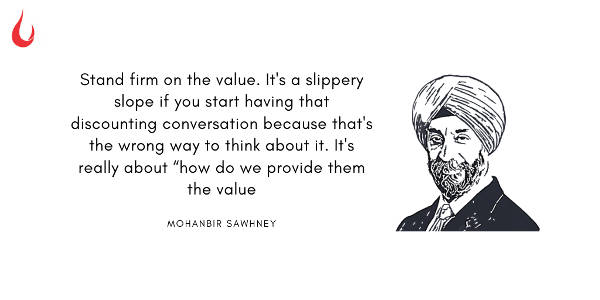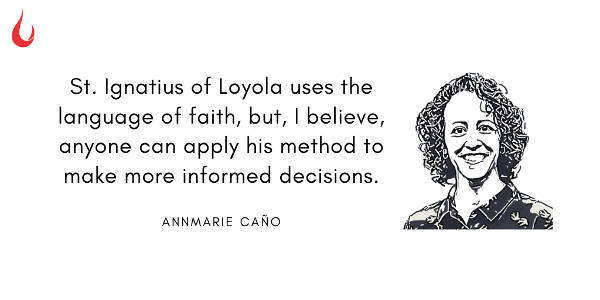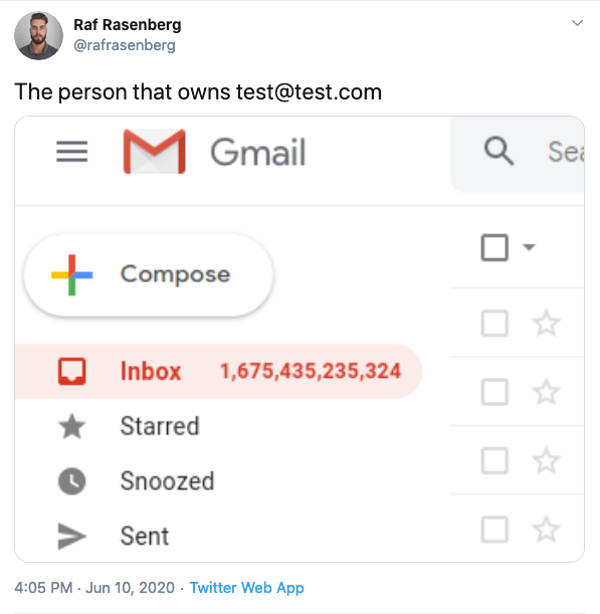[Image by Tumisu from Pixabay]
Good morning,
In Negotiating the Impossible: How to Break Deadlocks and Resolve Ugly Conflicts Deepak Malhotra writes why it’s important to always keep one’s word. He writes:
“The best deal makers and diplomats take very seriously the promises and commitments they have made to the other side on small things and big. This is not only the right thing to do; it is a tremendously powerful instrument in deal-making. Especially in difficult, protracted conflicts where negotiating itself might be seen as risky or useless, often the only source of leverage you have for bringing the other side to the table is your credibility. And once you’re at the table, mistrust is often the biggest barrier to the give-and-take necessary for progress, because many of the concessions either side commits to are not deliverable right away—promises of equitable treatment, power-sharing, future benefits, etc. are necessarily premised on trust. If you have not built up a reputation for credibility, you are ill-suited to negotiate such deals.”
How does one build this kind of credibility? An old investment adage might come in handy. “The best time to plant a tree is 20 years ago. The second best time is now.”
In this issue
- Why you shouldn’t change your pricing strategy
- How to use imagination to take tough decisions
- Where all the random test mails land
Have a great Wednesday
Why you shouldn’t change your pricing strategy
In a recent webinar, Mohanbir Sawhney, Associate Dean for Digital Innovation and McCormick Foundation Professor of Technology at Kellogg School of Management, took a question on giving a discount to online courses.
Sawhney said: “I think that the question that we should address is not reducing the price but increasing the value.
“One of the things we are trying to do in the preterm, where we have 500 students doing a crisis simulation. We can't have them all in the classroom. We're thinking of bringing in CEOs and having socially distant conversations outside on the campus, where CEOs walk them through how they're dealing with the post-Covid crisis. That's an in-person experience, but not an in-class experience.
“We all have to be creative—virtual networking, one-on-one with faculty, virtual coffees, connecting alumni in small chats, coffee chats with alumni these are ways in which we're trying to engineer various aspects of the experience.”

History might be on the side of Sawhney. In a recent Harvard Business Review article, Michael Greiner and Scott Julian looked at the performance of differentiators and cost leaders (the two primary ways a business can succeed according to Michael Porter). They found it doesn’t pay for a differentiator to change track and start competing with cost leaders.
They write: “Unless you are the industry’s low-cost leader, there will always be someone who can provide your goods or services at a lower price. Therefore, you need to mine the entrepreneurial fire that helped build your firm in the first place. Focus on your strengths. The advantages that made your product or service worth more than what the cost leaders offer still apply. You just need to make that case to your customers.”
Dig deeper
- Avoid making this strategic mistake in a recession (HBR)
- Best practices in transforming an in-person course into a digitally-delivered course (Sawhney)
How to use imagination to take tough decisions
Annmarie Cano, Professor of Psychology at Wayne State University, shares some important lessons on decision making from St. Ignatius of Loyola, an early 16th-century soldier-turned-mystic, and co-founder of the religious order of Society of Jesus, which runs, among other educational institutions, St Xaviers in Mumbai and Loyola College in Chennai.

Cano writes:
“Ignatius offers three imaginative exercises if no clear choice emerges:
- Imagine that a friend comes to you with the same situation. They describe their choices, pros and cons, and their thoughts and feelings about these proposals. What would you advise them?
- Imagine that you are on your deathbed. Looking back at your life, and assuming you made the decision in question, how do you view it from that perspective?
- Imagine a conversation with the divine. Those who do not believe in a God could have an imaginary conversation with someone they loved and trusted and who has passed away. What does this person say to you about your options? Would they be pleased, disappointed or neutral about your decision?
Imaginative reflections like these offer clarity to decision-making by providing another perspective to the decision at hand.”
Dig deeper
What a 16th-century mystic can teach us about making good decisions
Where all the random test mails land

(Via Twitter)
How do you keep your inbox closer to zero? Share your tips with us, or share it on Twitter, tagging @foundingf. Or head to our Slack channel.
And if you missed previous editions of this newsletter, they’re all archived here.
Bookmark Founding Fuel’s special section on Thriving in Volatile Times. All our stories on how individuals and businesses are responding to the pandemic until now are posted there.
Warm regards,
Team Founding Fuel



